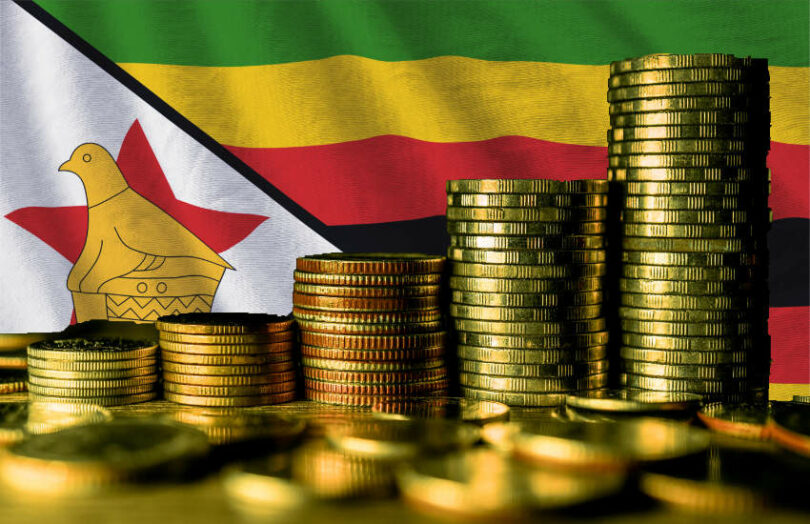Last week, the Reserve Bank of Zimbabwe confirmed the issuance of a gold-backed digital currency to provide investors with a platform to save, invest, and transact in gold. Thanks to fractionalization, people can acquire digital gold tokens for as little as US$10. The tokens will be issued this week and can be used for payments.
Gold-backed digital tokens
Zimbabwe’s central bank announced will start issuing a gold-backed digital currency to “expand the value-preserving instruments available in the economy, enhance divisibility of the investment instruments and widen their access and usage by the public”.
The offer allows purchasing digital tokens backed by physical gold from commercial banks, building societies, and the People’s Own Savings Bank. It is open to individuals, financial institutions, corporates, and other entities.
Making gold accessible
A key attribute is the low-price access point. Unlike the physical Mosi-oa-Tunya gold coins, which the central bank introduced in 2022 and are selling for over US$2,000, individuals can acquire fractions of the digital gold tokens for just US$10. The minimum for institutional investors is US$5,000.
This is possible thanks to fractionalization, a key feature of digital currencies and digital assets that enables assets to be accessible to people previously unable to afford them. After all, a $10 gold coin would be rather small.
A second characteristic is the pricing model, which is based on the standard international gold price determined by the London Bullion Market Association. Users who want to buy or redeem the token get a 20% premium on the mid bid-offer rate, but the funds are settled in local currency.
Digital token purpose
The original objective of providing an alternative investment avenue for citizens to maintain the value of their savings might expand to include payments.
Zimbabwe has long struggled with currency depreciation and exchange rate volatility, so the central bank had initially conceived the digital gold tokens as a store of value.
But the central bank has confirmed that the gold-backed digital tokens “will be tradable and capable of facilitating Person-to-Person (P2P) and Person-to-Business (P2B) transactions and settlement”. Local sources report that the means of payment and store of value functions will allow the central bank to maintain the tokens’ fixed convertibility and thus might help it defend the country’s exchange rate.
Will people embrace gold tokens for payments?
However, local pundits are also wondering how widely the gold-backed digital tokens will be used for payments.
Formal retailers currently accept the local currency alongside foreign currencies to avoid getting on the wrong side of authorities by rejecting the local currency in favor of more stable U.S. dollars. But that means they suffer the devaluation costs, while informal traders can insist on foreign currency payments. Hence the formal retailers are looking forward to accepting these gold tokens because they are ‘local’ but should be less volatile than Zimbabwean dollars.






